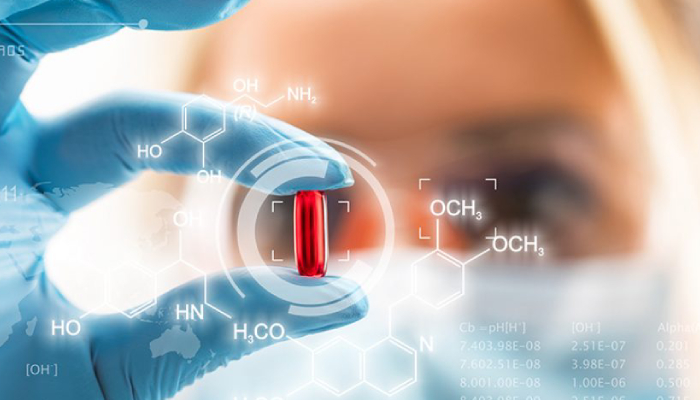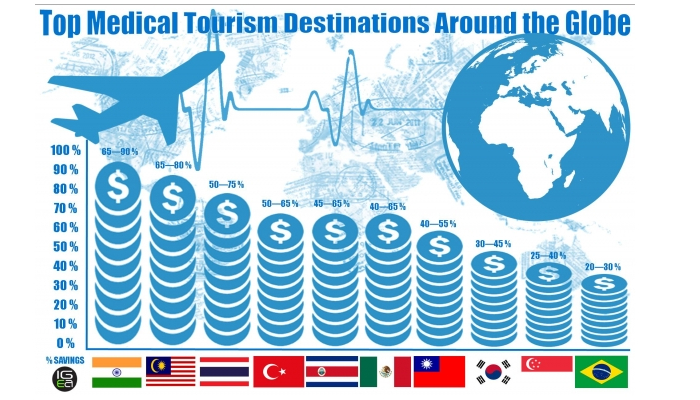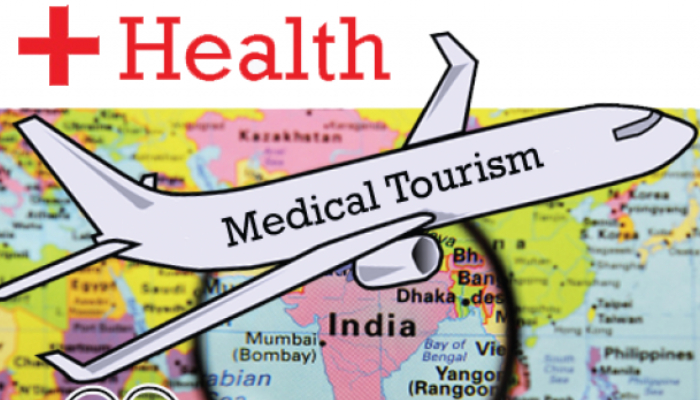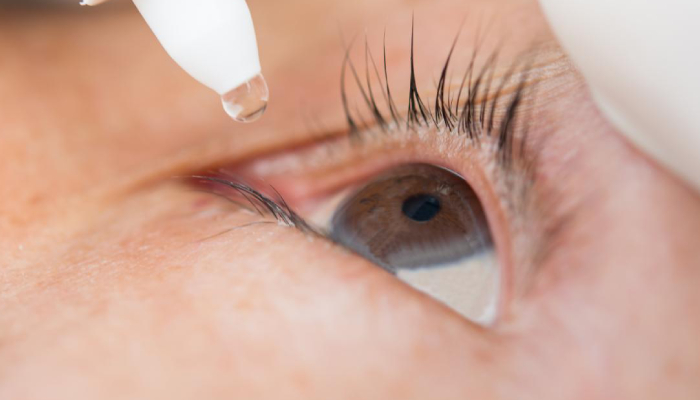Acne treatment: Top seven medical treatments for acne

Understanding Medical Treatments For Hypertension
March 8, 2020
Understanding Insomnia and different medical treatments for Insomnia
March 12, 2020Acne can be your biggest beauty worry. The red, swollen pimples come at a time you may least expect. And if you thought that the acne would stop affecting you after the 30s, then you are in for a surprise. Acne can affect you even when you are 50, though there are hundreds of ways to get rid of acne when it comes to a permanent treatment all these lag behind. This article takes you through some excellent medical treatments for acne.
Top seven medical treatments for acne
Before trying out any treatment mentioned here, it is essential to know what causes acne and if there is any particular reason that results in acne for an individual to an individual. Acne is typically formed due to the clogging of pores by the oils and dirt. P.acnes bacteria that is trapped in the pores grow on the skin and cause inflammation resulting in cystic lesions, pustules and papules.
According to the dermatologists, each patient responds differently to each treatment, and there is no one size fit all solution for the acne treatment. Hence, it is essential to consult your doctor to confirm the type of treatment you should follow. The below section elaborates the two major classifications of the medications.
Read More About : Know About The Medical Treatments For Acne
Classification of treatment
Dermatologists might examine your skin to determine the severity and type of treatment that you must follow. The severity is measured in the range of Grade 1 to Grade 4, where grade 1 is mild, and grade 4 is severe. Following are the two classifications of treatment and their significant differences.
Topical treatment
The topical treatments are done externally and work by killing acne-causing bacteria or by reducing the oil. Benzoyl peroxide, retinoid, salicylic acid or antibiotics are some of the topical treatment.
Oral treatment
The oral medical treatment of acne is taken internally and is generally prescribed when acne is swollen and red. Antibiotics, birth control pills, and isotretinoin are some of the oral acne treatment.
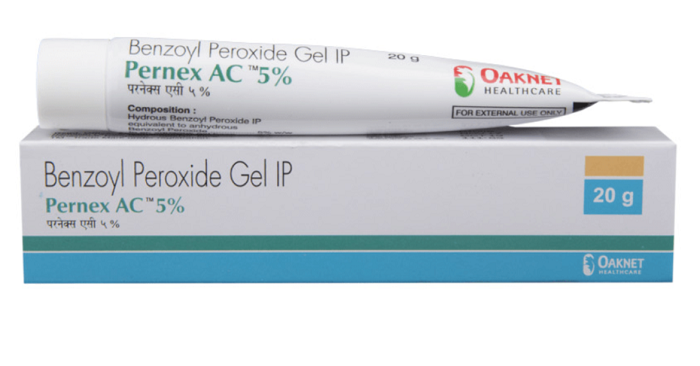
Medical treatments for acne
Benzoyl Peroxide
A great antibacterial agent, Benzoyl Peroxide, is beneficial in killing P.acnes bacteria that cause an acne breakout. Use leave-on creams and cleansing agents that contain only 2 percent of benzoyl peroxide as higher concentration can make your skin dry and end up bleaching your clothes if not careful.
Retinols
Retinols that are very active agents used as anti-ageing ingredients can also be excellent for treating acne as well. Vitamin A can decrease oil production, helps in exfoliating skin, and is a fantastic anti-inflammation ingredient. Retinols can also help prevent new acne from forming and is an excellent treatment for hyperpigmentation, which is a common post-acne problem. Ensure that your OTC retinol concentration in a range of 0.1 to 0.25 per cent as an excess of it may irritate sensitive skins.
Salicylic acid
Salicylic acid is your go-to ingredient in most of the spot treatment creams and acne washes. The Beta hydroxy acid dissolves the excess oil and exfoliates the dead skin away. It also acts as an anti-inflammatory agent. To get a better result, use cosmetics like moisturizers, toners or leave on creams as it gives more time for the ingredient to work on. But ensure that you do not overuse the element as it can dry out your skin.
Glycolic acid
The Alpha-hydroxy acid in glycolic acid gently exfoliates your skin and removes the dead skin that clogs the pores. Glycolic acid is present in masks, moisturizers, face washes or serums.
Birth control pills
For those who notice an acne breakout around your menstrual cycle every month, you are prone to hormone-related acne manifestations. Cystic acne is formed due to the manifestation of androgens, which causes the skin to produce more sebum. The sebum can result in more acne. Birth control pills that contain progestin and estrogen can keep your skin clear and balanced. Check with your drugstore to know about the acne-treating birth control pills.
Isotretinoin
Isotretinoin, an oral retinoid, is an effective medical treatment for acne than its topical counterpart. Dermatologists recommend this treatment for the ones who suffer from severe acne conditions. It is advisable to use it under the guidance of a dermatologist since the strong retinol can make your skin overly dry and sensitive. If you are under isotretinoin treatment, ensure that you keep your skin adequately moisturized. The procedure is useful for treating body acne for men and cystic acne in women.
Antibiotics
Though not an initial choice for acne treatment, your dermatologists may prescribe you antibiotics if you want an immediate result. But unfortunately, antibiotics may not be an ideal choice of treatment because there is a high possibility of acne return once you stop taking them. There are also chances of getting an upset stomach, nausea, or yeast infection.
There are umpteen of medical treatments for acne other than the ones mentioned above. You can consult your dermatologists for treating your severe acne if OTC medications do not work.

